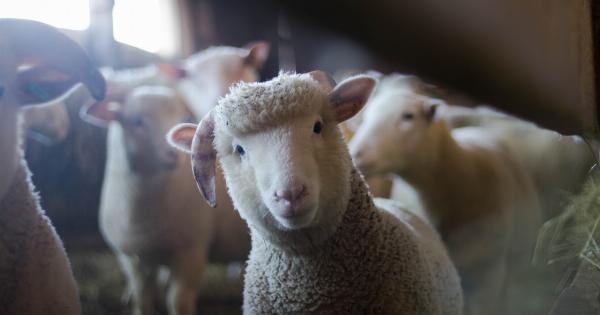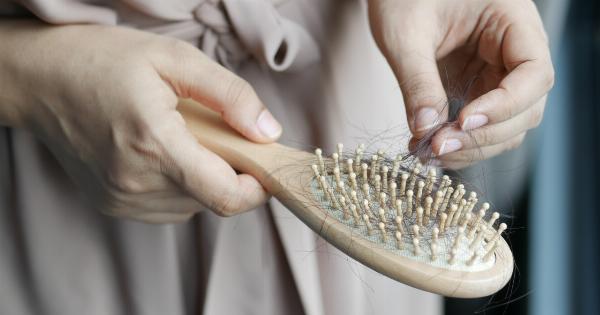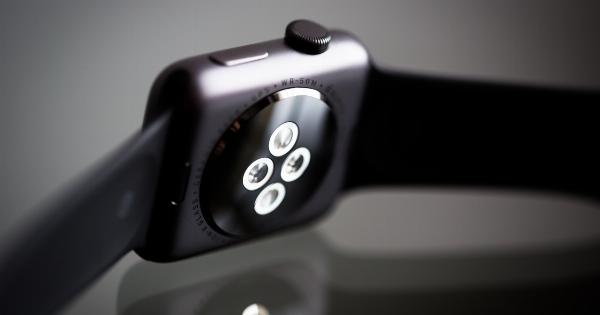Have you ever wondered what goes on behind the scenes when you visit a barbershop or hair salon for a fresh haircut? The buzzing and snoring sounds of the clipper blades are seemingly mundane, but they are an essential part of the experience.
In this article, we will delve deeper into the world of haircutting and explore the fascinating phenomenon of blade snoring.
Understanding the anatomy of a clipper blade
Before we discuss the enigmatic snoring of clipper blades, let’s first understand their construction. A clipper blade consists of two metal pieces known as the upper blade and the lower blade.
The upper blade is stationary, while the lower blade oscillates back and forth to cut the hair. These blades are meticulously engineered to deliver sharp and precise cuts.
The science behind the snoring
When the clipper is turned on and the blades start moving, you may notice a faint humming sound. As the blades come into contact with the hair, the frequency of the sound changes, and it begins to resemble a snore.
This peculiar sound is referred to as “blade snoring.”.
Causes of blade snoring
There are several factors that contribute to the occurrence of blade snoring. One of the primary causes is the vibration of the clipper blades as they move through the hair.
The teeth of the blades catch on the strands and create a frictional force that produces the snoring sound.
Another factor is the air passage between the blades. As the blades oscillate, they create a small gap between them, allowing air to flow through. The movement of the air, combined with the vibrations of the blades, results in the snoring sound.
Mitigating blade snoring
Blade snoring can be an annoyance, especially if you visit a barbershop frequently. However, there are a few techniques barbers employ to minimize this noise. One common method is oiling the blades regularly.
The oil acts as a lubricant, reducing friction between the teeth and diminishing the auditory effects of snoring.
Barbers may also adjust the tension between the blades to reduce snoring. By tightening or loosening the screws that hold the blades together, the airflow and vibrations can be altered, resulting in a quieter snoring sound.
The psychology of the snoring sound
Interestingly, the sound of blade snoring can have psychological effects on both the customer and the barber. For some, the snoring sound provides a sense of comfort and relaxation, as it signals that the barber is in control and executing precise cuts.
It can also create an ambiance that enhances the overall barbershop experience.
On the other hand, some individuals find the snoring sound irritating or even anxiety-inducing. For them, the noise may be a reminder of the impending hair cut or trigger sensory sensitivities.
It is essential for barbers to understand and communicate with their clients to ensure a comfortable experience for everyone.
The evolution of clipper blades
Clipper blades, like any other technology, have evolved over time. In the early days, blades were made of simple materials such as carbon steel.
However, advancements in materials science led to the development of blades with enhanced durability, sharpness, and reduced snoring.
Modern clipper blades are often made from stainless steel or ceramic, which offer superior cutting performance.
Additionally, manufacturers have incorporated noise-reducing technologies into their blades, resulting in a quieter and more enjoyable experience for both barbers and customers.
Barber’s perspective on blade snoring
To understand the significance of blade snoring, we must explore the perspectives of the barbers themselves. For many barbers, the snoring sound is akin to a musical symphony.
It signifies the artistry and skill required to master the craft of haircutting. The rhythm of the snoring blades creates a soothing ambiance within the barbershop, contributing to the overall sensory experience.
Some barbers even consider the snoring sound as a part of their identity. It sets their workspace apart from other grooming establishments and becomes a unique selling point.
Clients often seek out barbers known for their “snore game” as a testament to their expertise and attention to detail.
The cultural significance of blade snoring
Blade snoring is not limited to one particular region or culture. It is a universal phenomenon that transcends borders. The snoring sound can be heard in barbershops around the world, representing a shared experience among diverse communities.
In some cultures, the snoring sound is considered a symbol of trust and camaraderie between the barber and the customer. It creates an intimate atmosphere, fostering a sense of connection and shared identity.
The sound becomes a comforting backdrop to conversations and storytelling, solidifying the role of the barbershop as a social hub.
Conclusion
The snoring sound of clipper blades may seem insignificant at first, but it holds much more significance than meets the eye. It is a product of intricate engineering, psychological impact, and cultural relevance.
Whether you find it soothing or obnoxious, there is no denying the role that blade snoring plays in the experience of getting a haircut.































